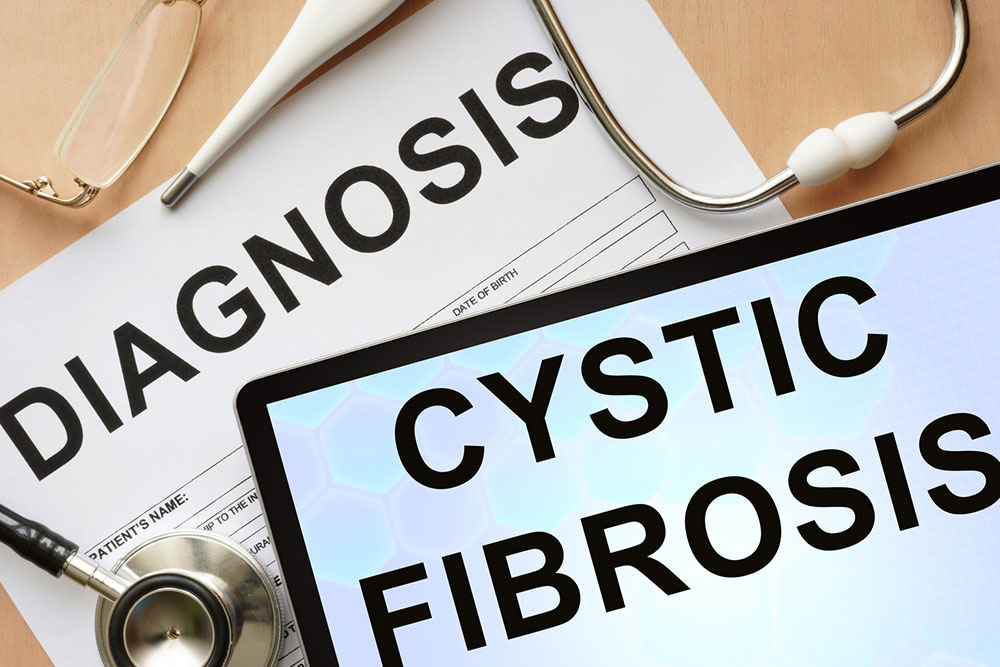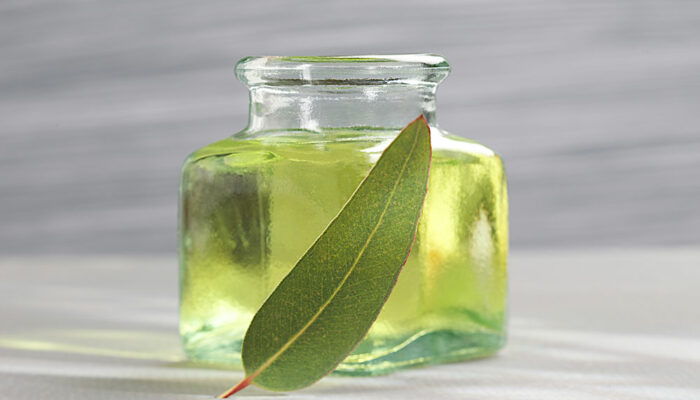
Foods to Eat for Cystic Fibrosis
Patients suffering from cystic fibrosis usually experience a mutation in the (Cystic Fibrosis Transmembrane conductance Regulator) CFTR gene. As a result, the CFTR protein becomes dysfunctional and leads to thick mucus in various organs. Cystic fibrosis patients suffer from a series of symptoms like fat in stool, fatigue, delayed puberty, shortness of breath, heartburn, pneumonia, and weight loss. As a result of the disease and the accumulation of sticky mucus in the pancreas, the enzymes that help with digestion and the absorption of fats and protein are compromised. This makes it important to know what foods to eat and avoid with cystic fibrosis.
1. Dietary guidelines for patients with cystic fibrosis
Cystic fibrosis foods are usually high in energy and fat. The diet should comprise of foods that add to the calorie count. Dietary fat in small amounts provides energy and appropriate enzymes when combined with the right amount of food from other groups, like carbohydrates (pasta, bread, cereals, and rice), dairy foods (milk, cheese, yogurt), proteins (meat, fish, and meat substitutes), and vegetables and fruits.
There are also some exceptions:
- The recommended servings of each of the food groups might be higher in patients with cystic fibrosis due to increased calorie requirement.
- Cystic fibrosis patients need a high-fat diet, which is almost 35 to 40% more fats than recommended for healthy individuals.
- People with cystic fibrosis also need more salt and sugar in their diet.
2. Important nutrients for cystic fibrosis patients
The only factor is to increase calorie consumption. A balanced diet comprising of veggies, fruits, whole grains, dairy products, vitamins, and proteins is essential:
- Protein
15 to 20 percent of daily calories should come from protein-rich foods like meat, soy products, eggs, nuts, beans, and fish. - Salt
Individuals with cystic fibrosis lose a lot of salt through sweat, typically during summers. The best way to tackle this issue is to add salt to food and snacks. Dietitians may recommend sports drinks to patients after a gym class. - Iron
It is important to maintain optimum levels of iron in the body to ward off infections. Iron content helps in transporting oxygen into the blood from the lungs and to every cell in the body. Meat, fortified cereals, dark leafy vegetables, and dried fruits are excellent sources of iron. - Calcium
Cystic fibrosis patients are at an increased risk of osteoporosis, and dairy products are the best sources of calcium to reduce this risk. Full-fat dairy products like whole milk are excellent sources of essential fats. - Zinc
Zinc is a vital mineral for growth, fighting infection, and healing. Foods high in zinc are good for cystic fibrosis are meats, eggs, seafood, and liver.
3. Pancreatic insufficiency and foods for cystic fibrosis
An estimated 90 percent of cystic fibrosis patients develop pancreatic insufficiency. As a result, the body does not pass chemicals or enzymes from the pancreas to the intestines, but these enzymes are essential to digesting food, protein, and starch.
People with symptoms of pancreatic insufficiency might not experience proper weight gain or growth and may experience foul-smelling stools and gas. In such cases, doctors may prescribe pancreatic supplements and recommend certain foods to counteract the symptoms of cystic fibrosis.



